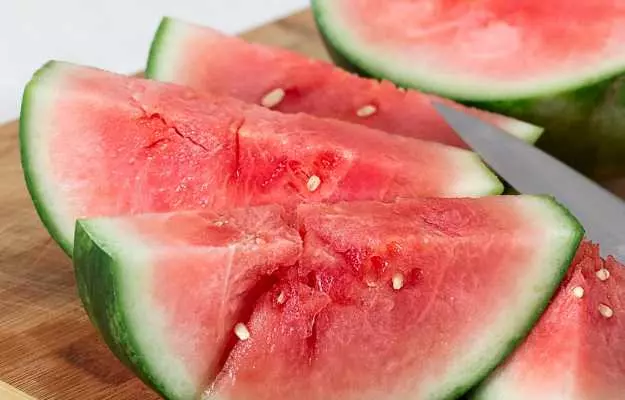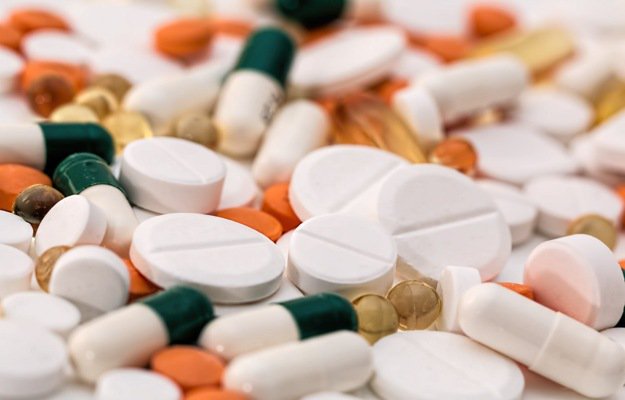Watermelon is a flowering plant which is believed to have originated from Africa. Like most fruits that grow in the drier parts of the world, watermelon is very hydrating and it is also low in calories. So, it is easy to binge on watermelons without putting on extra weight.
The primary benefit of watermelons lies in their high water content. But the fruit is also loaded with other essential vitamins and minerals that can help prevent diseases and improve the overall health.
There are different varieties of watermelons that are cultivated across different parts of the world. Even the colour of the flesh varies depending on the growing environment and genetics of the particular variety. It is believed that red watermelons taste the best.
It might interest you to know that watermelons have a rich history as a fruit and as a healing agent. The earliest records of watermelon cultivation come from the Egyptian tombs that were made around 4000 years from now. Shredded pieces of evidence suggest the use of watermelon in early Greece and Rome, around 1st century BCE. Mentions of watermelon have also been found in the bible. According to Dioscorides, a famous Greek physician, watermelons can be used as a diuretic and its rind can be applied on the head to alleviate the symptoms of heat strokes.
Today, the largest producer of this fruit in the world is China. In India, watermelons are cultivated in many states, but Uttar Pradesh, Karnataka, and West Bengal account for 50% of the total production of watermelons in India.
Some basic facts about watermelons:
- Scientific name: Citrullus lanatus
- Family: Cucurbitaceae
- Common name: Watermelon, Tarbuj
- Parts used: Flesh, rind, seeds
- Native region and geographical distribution: Watermelons are native to Africa but they are grown in most warmer climates all over the world.
- Energetics: Cooling
























